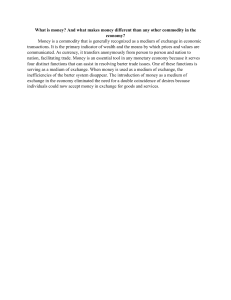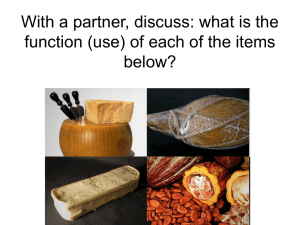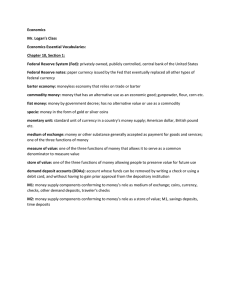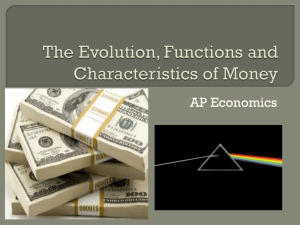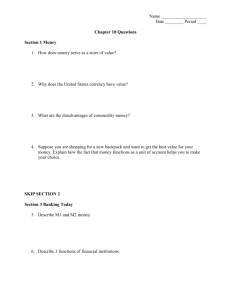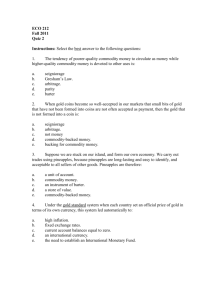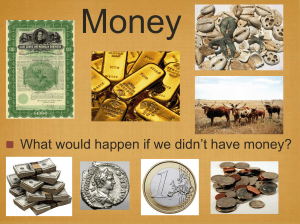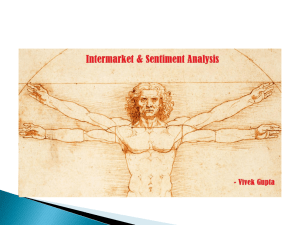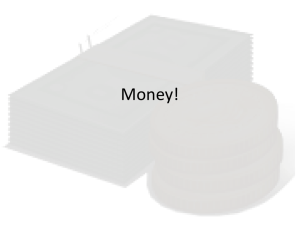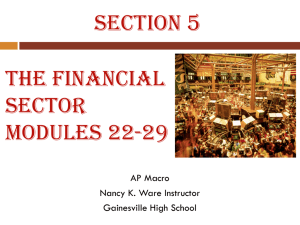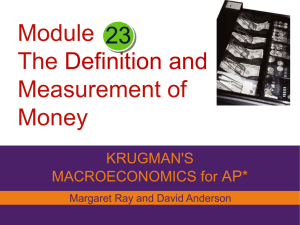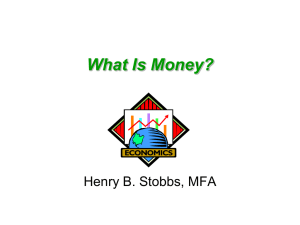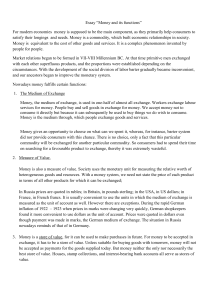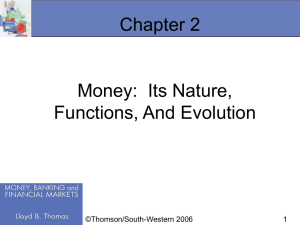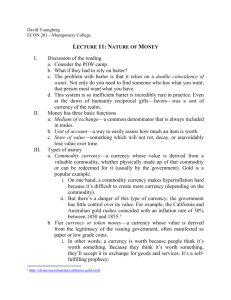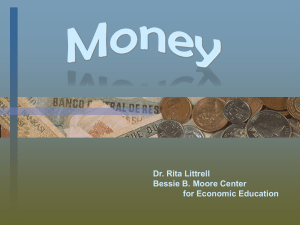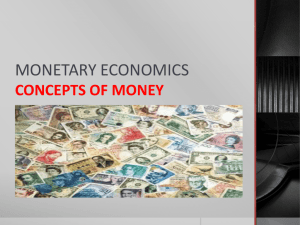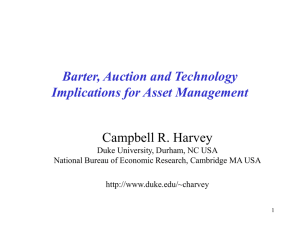Money - internationalstudies.us
advertisement
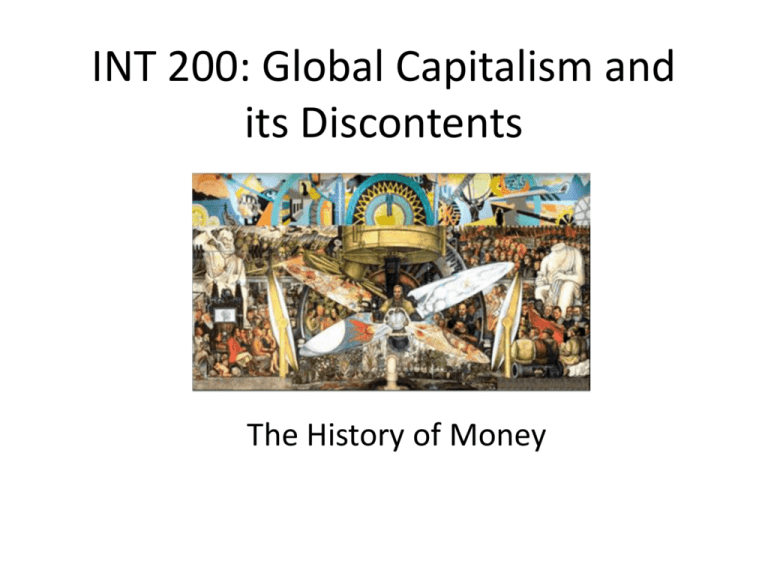
INT 200: Global Capitalism and its Discontents The History of Money Money • three main functions: – a medium of exchange, easily traded for goods & services. – a store of value, so that it can be saved and used for consumption in the future – a unit of account, a useful measuring-stick • Before money – Barter: a system of exchange by which goods or services are directly exchanged for other goods or services – Gift exchange/gift economy: goods and services given without an explicit agreement that the gift will be reciprocated Money • history – Obsidian (12,000), copper and silver (3,000), cattle, grain, etc. – Commodity money: value comes from the commodity of which it is made – Electrum, an alloy of gold and silver, was used to make coins in Lydia in around 650BCE • • • • A coin: stamped money have a mark of some authority, a symbol, picture or words Pre-weighted and pre-alloyed Still a commodity money Clipping and devaluing – coin as a unit of weight vs. a unit of value • Seigniorage: the difference between the value of the money and the cost to manufacture it Money • history – Bills of Exchange: • the buyer’s promise to make a payment at some specified future date – Promissory notes • circulate as a safe and convenient form of money backed by the goldsmith's promise to pay – Representative Money: A claim on a commodity, a "commodity-backed money – Banknote Money • history – Gold Standard • a currency is defined in terms of a specified amount of gold and for which the currency could be exchanged • The Bretton Woods System – $35 / ounce – D. August 15, 1971 • Advantages: Long-term price stability, fixed international exchange rates • Disadvantages: Gold unequally distributed, limits growth • d. 1976 Money • history – Fiat Money • intrinsically useless; is used only as a medium of exchange • derives its value from the government which declares it to be legal tender – Inflation, reputation of the government, devaluation – Monetization • Money evolves to reduce barter; as a private-sector attempt to minimize the costs of trading vs. A Government operation • fiscal wing of government has a huge incentive to move its economy away from barter – Taxes, seigniorage Bitcoin • Not just a fiat currency, but a virtual one – No central monetary authority to control the money supply – A community currency that requires self-policing on the part of its users
